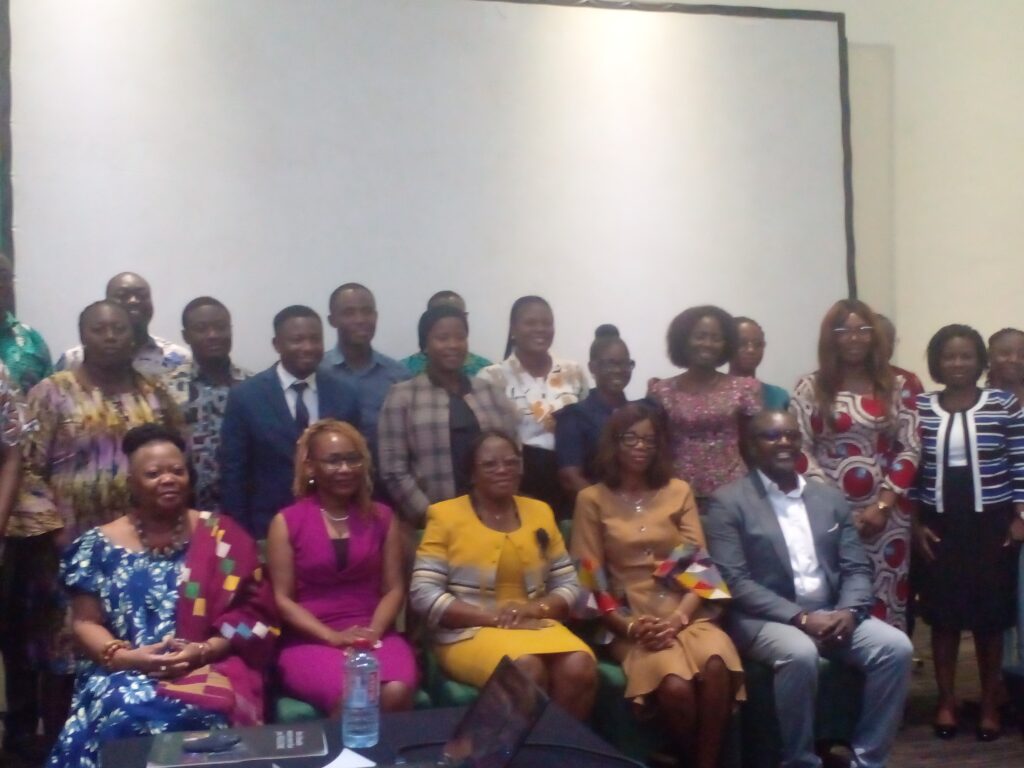Dr Audrey Smock Amoah, Acting Director-General of the National Development Planning Commission (NDPC), has called for strategic investment in Ghana’s human capital to prepare the workforce for the changing global order and secure the country’s long-term prosperity.
She said such investment would ensure a future-ready workforce and strengthen Ghana’s competitiveness, productivity, and resilience in the decades ahead.
Dr Amoah made the call at an Inter-Ministerial Coordination Meeting in Accra on Thursday on Ghana’s National Human Capital Development Strategy (2026–2057).
She cited the World Bank’s Human Capital Index, which places Ghana’s score at approximately 0.45.
“This means that a child born in Ghana today is expected to achieve only about 45 per cent of their full productivity potential by age 18 under current health and education conditions.
“This stark reality calls for deliberate and coordinated action,” Dr Amoah stressed, adding that a national strategy must significantly improve learning outcomes, health, skills development, and overall productivity.
The meeting brought together policy-makers, directors, and educationalists from various ministries, departments, and agencies.
Dr Amoah acknowledged the pivotal role of stakeholders in shaping Ghana’s human capital development trajectory.
“Your leadership and collaboration are essential as we work together to craft a strategy that secures a future-ready and globally competitive workforce for our nation,” she said.
She noted that socio-economic transformation cannot be divorced from investment in human capital, particularly in the era of artificial intelligence and rapid technological change.
Ghana, she said, must strategically equip its people with the skills, competencies, and capabilities that spur innovation and national development.
The Acting NDPC Director-General highlighted Ghana’s aspiration to attain high-income status by 2057, with a minimum nominal GDP of US$3.4 trillion and per capita GDP of not less than US$50,000.
Despite past achievements in education and health, she said significant gaps remained, limiting the country’s ability to fully harness its abundant natural resources such as gold, diamond, and crude oil for transformative growth.

Dr Amoah warned that demographic pressures, labour-market mismatches, the outflow of skilled professionals, and fragmentation across sectors made coordinated ministerial support “absolutely necessary.”
She said the Human Capital Development Strategy aligned strongly with the President’s “Resetting Ghana Agenda,” which emphasises rebuilding the economy’s foundations, strengthening institutions, restoring productivity, and placing people at the centre of national development.
“Resetting Ghana requires more than stabilising the present; it requires preparing our people for the future,” she said.
Dr Kwabena Bempah Tandoh, Co-Principal Investigator and Country Research Manager of Thrive Ghana, a technical support group for the strategy, described human capital as the most valuable asset of any nation.
He urged Ghana to invest in improving skills at all levels to drive innovation, support economic recovery, and enhance competitiveness.

